Chancellor Rachel Reeves hinted at changes to the two-child benefit cap in the Budget, sparking intense political debate and speculation about the policy's future. The two-child limit, introduced by Conservative chancellor George Osborne, means parents can only claim universal credit or tax credits for their first two children, applying to third or subsequent children born after 6 April 2017.
According to the Institute for Fiscal Studies (IFS), a total of 1.6 million children are living in larger families who cannot claim these means-tested benefits as a result. The think tank estimates the policy will ultimately save the Treasury about 3.6 billion a year. If the cap had not been introduced, affected families could have received an average of 4,400 in benefit entitlements a year, roughly a tenth of their total disposable income.
Critics argue that the policy disproportionately affects low-income families, who are already struggling to make ends meet. "The two-child limit is a cruel policy that punishes families for having more children," said a spokesperson for the Child Poverty Action Group. "It's a short-sighted policy that fails to address the root causes of poverty and inequality."
The policy has been in place since 2017, and its impact has been significant. The IFS estimates that the policy has resulted in a 4% reduction in the number of children living in workless households. However, supporters of the policy argue that it is necessary to ensure that benefits are targeted towards those who need them most.
Chancellor Rachel Reeves has hinted that changes to the policy may be on the horizon. In a statement, she said, "We are committed to making sure that our benefits system is fair and effective. We will be reviewing the two-child limit as part of our broader review of the welfare system." However, no specific details have been released about what changes may be made or when they may take effect.
The two-child limit has been the subject of controversy since its introduction. Many have argued that it is a form of "benefit poverty," where families are forced to choose between having more children and receiving benefits. Others have argued that it is a necessary measure to ensure that benefits are targeted towards those who need them most.
As the debate continues, one thing is clear: the two-child limit has had a significant impact on low-income families. Whether changes will be made to the policy remains to be seen, but one thing is certain: the fate of the two-child limit will have far-reaching implications for families across the country.
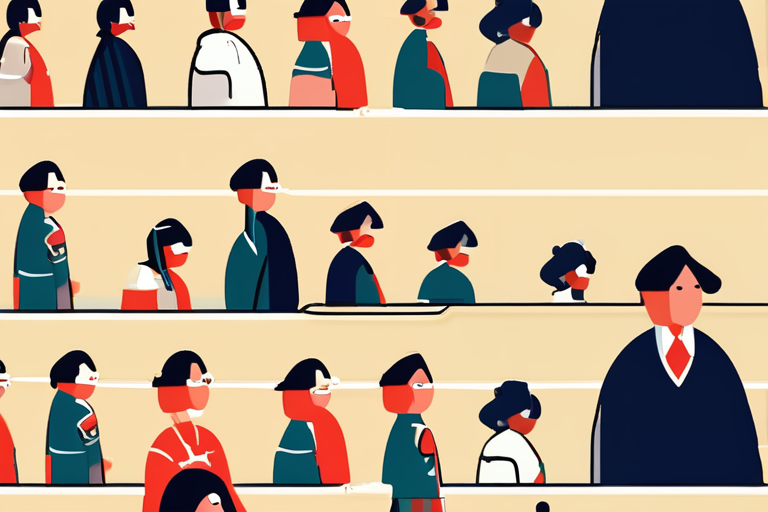



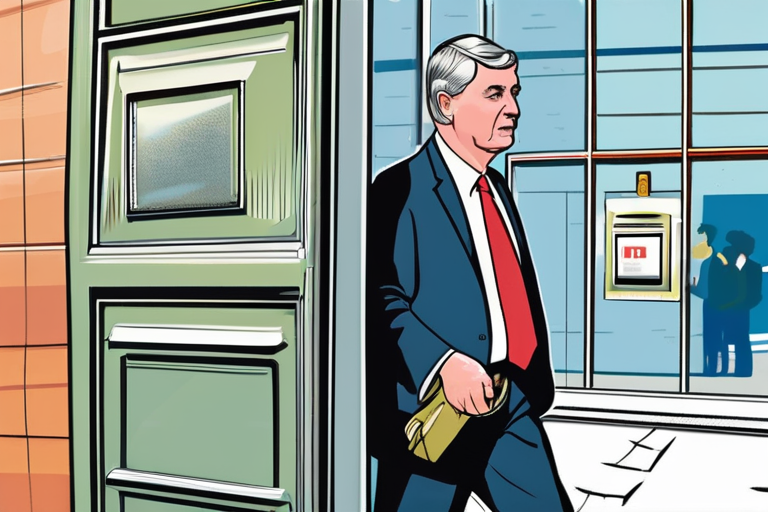

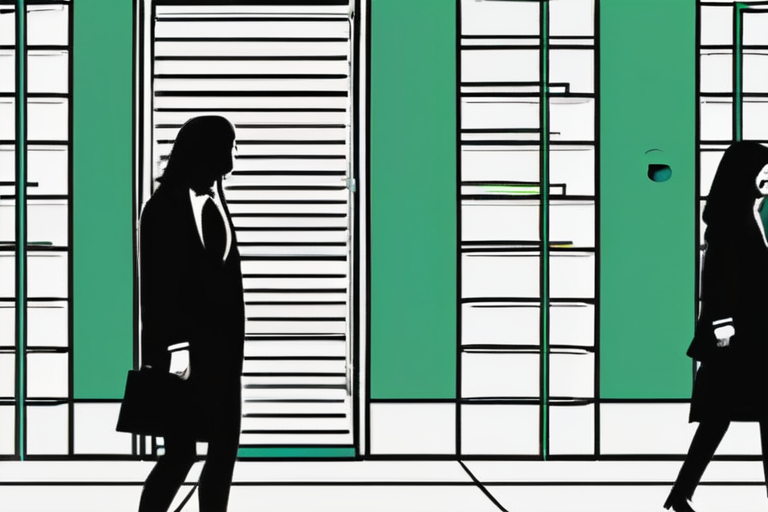
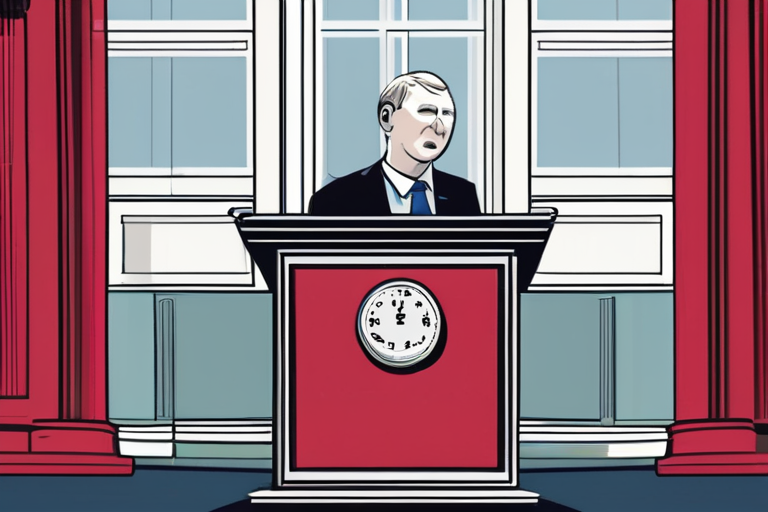
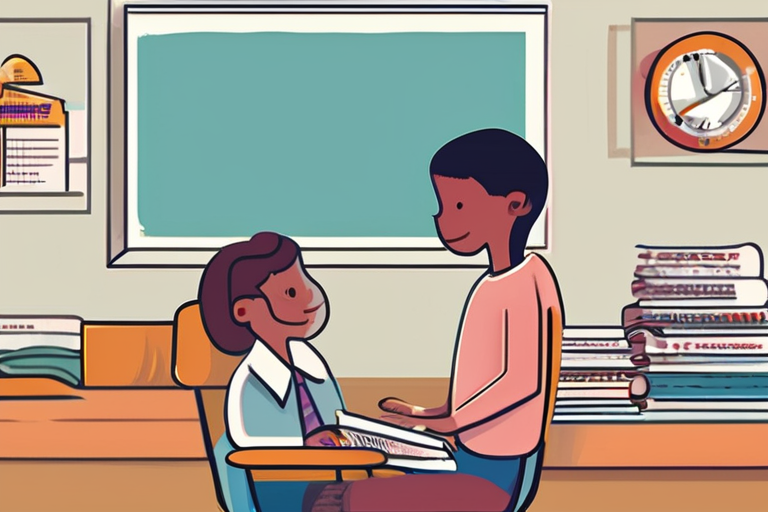
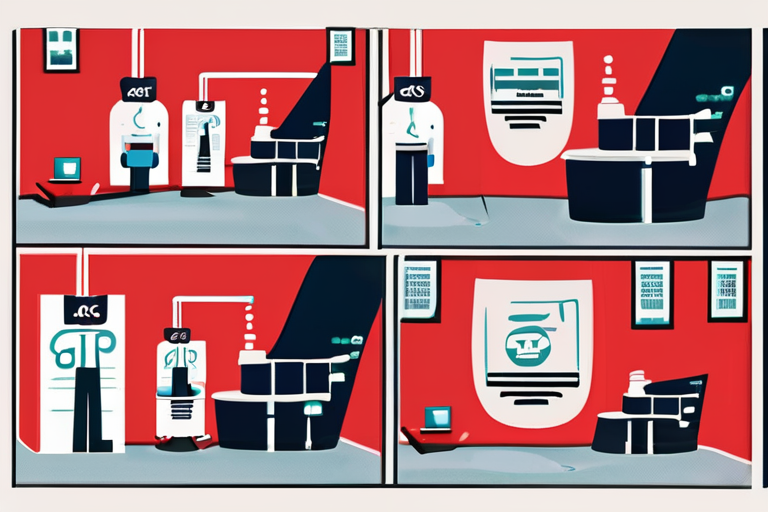

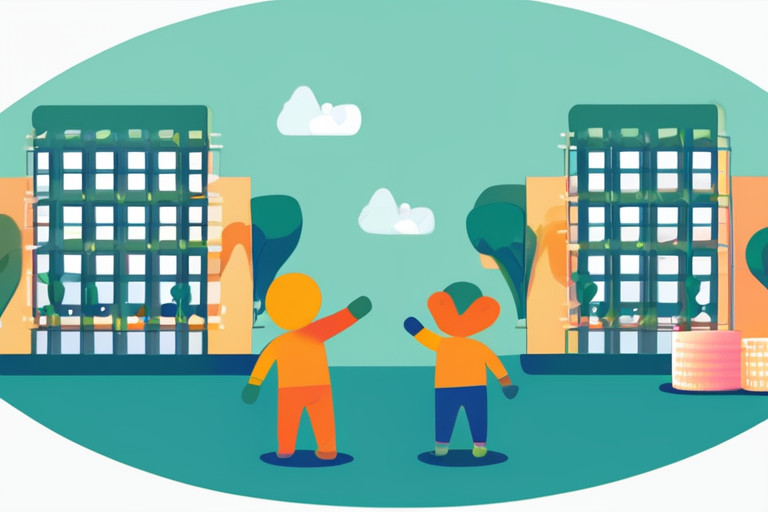
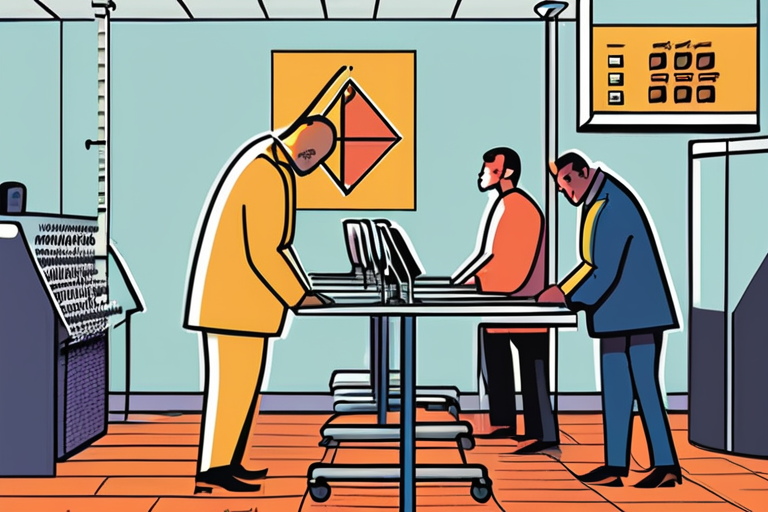

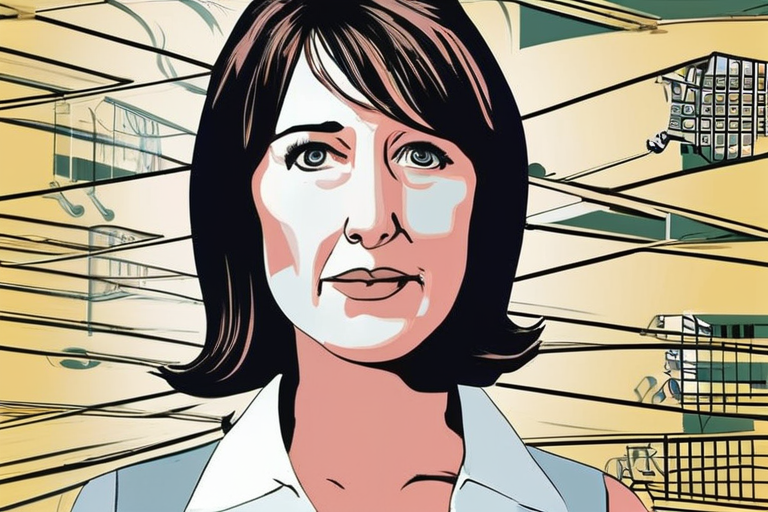
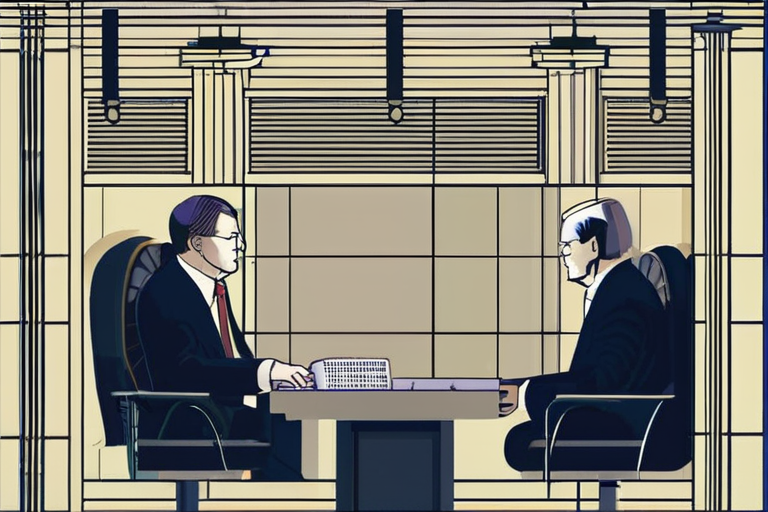
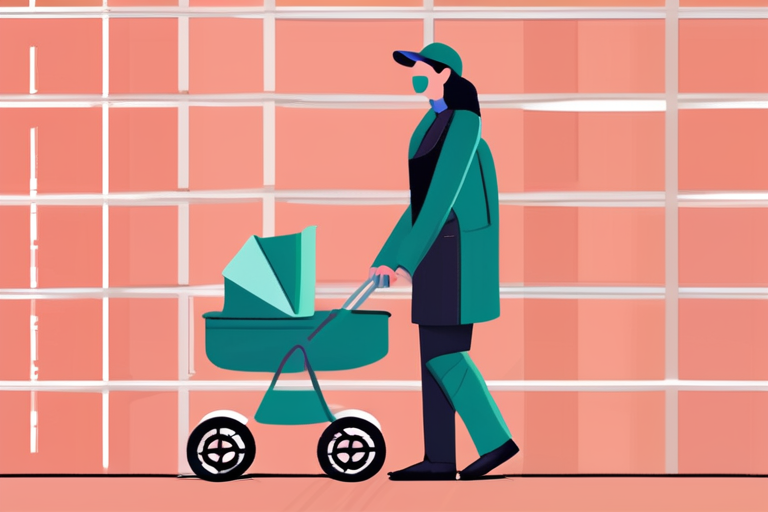
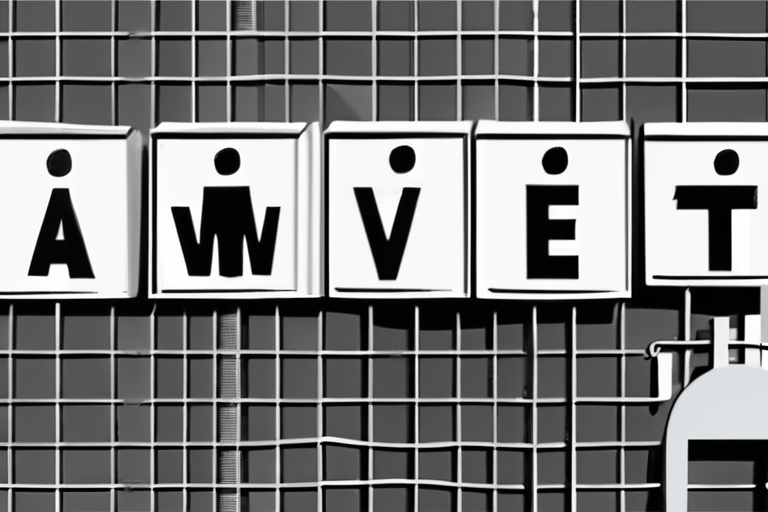
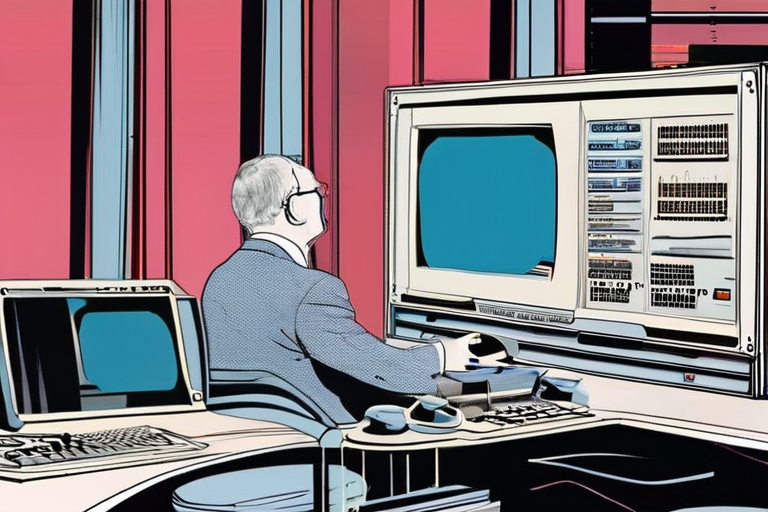

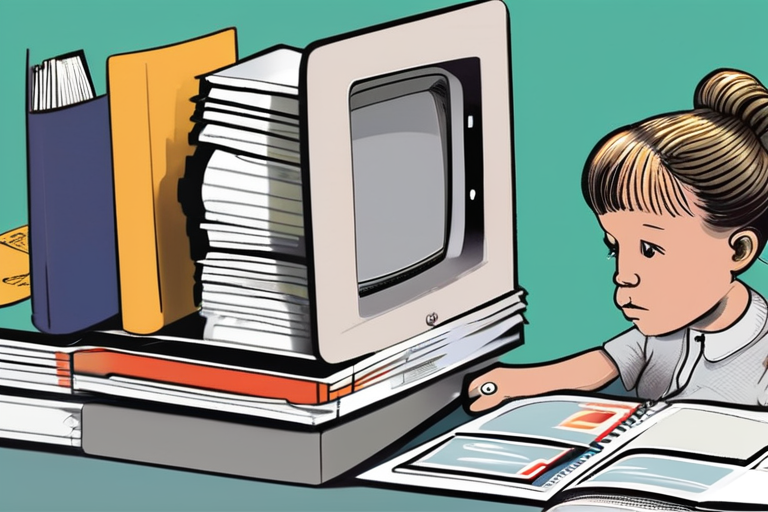
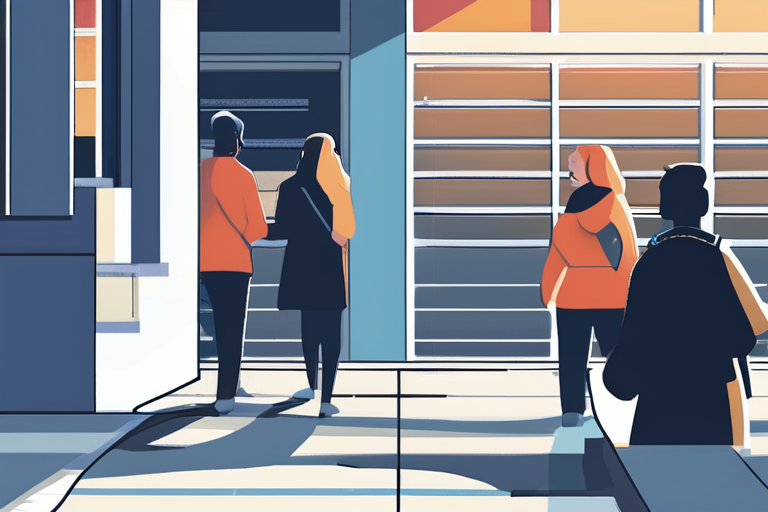
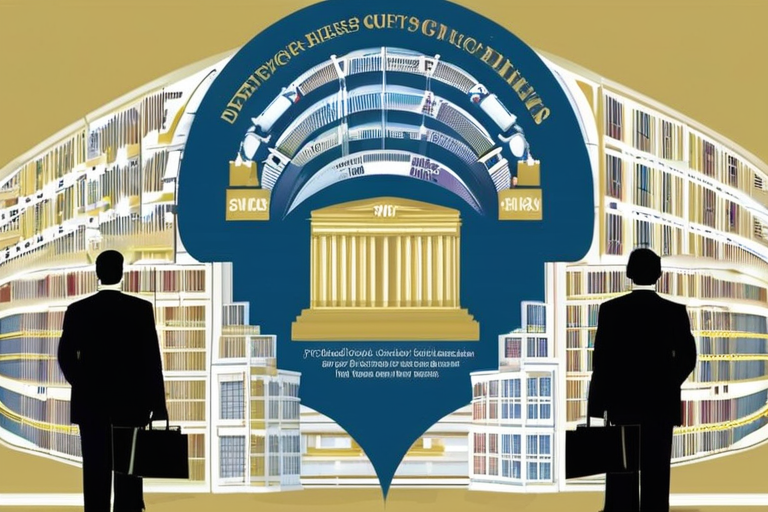

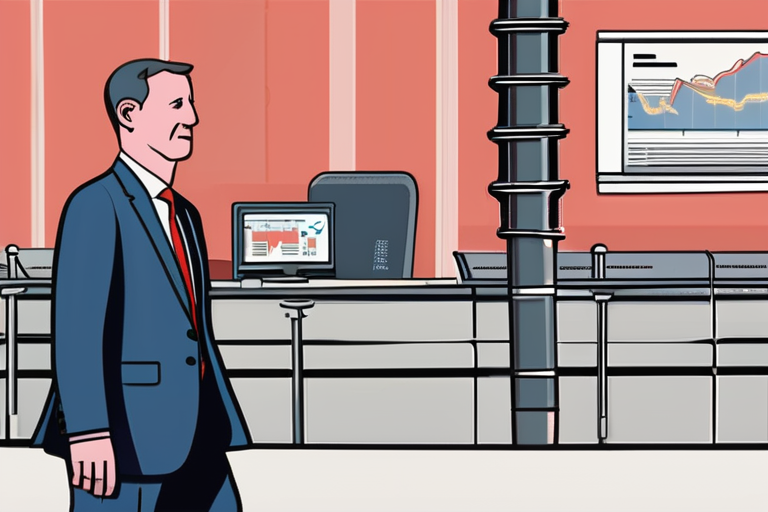
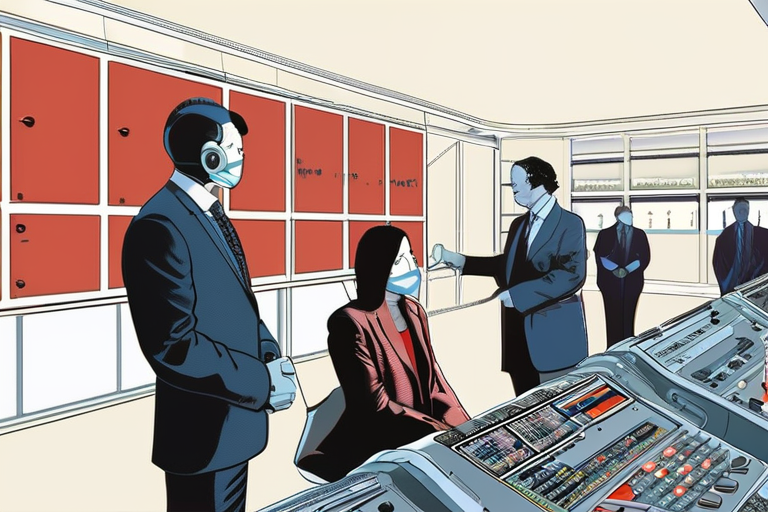
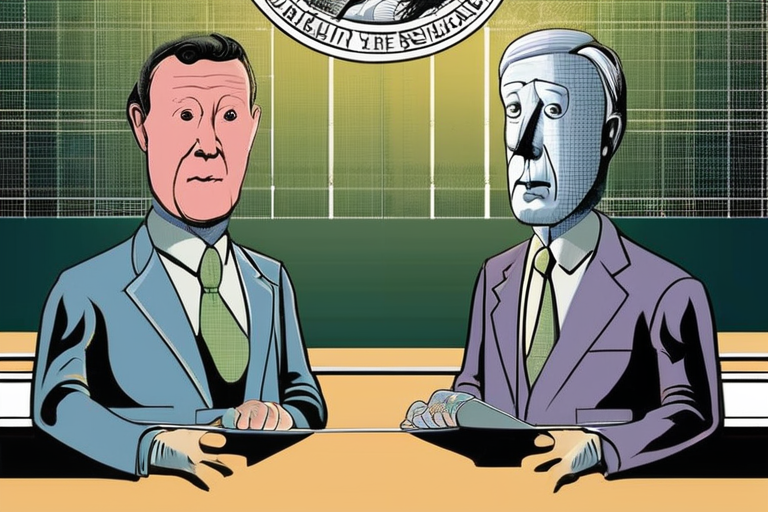
Share & Engage Share
Share this article